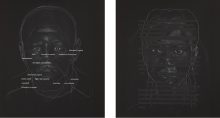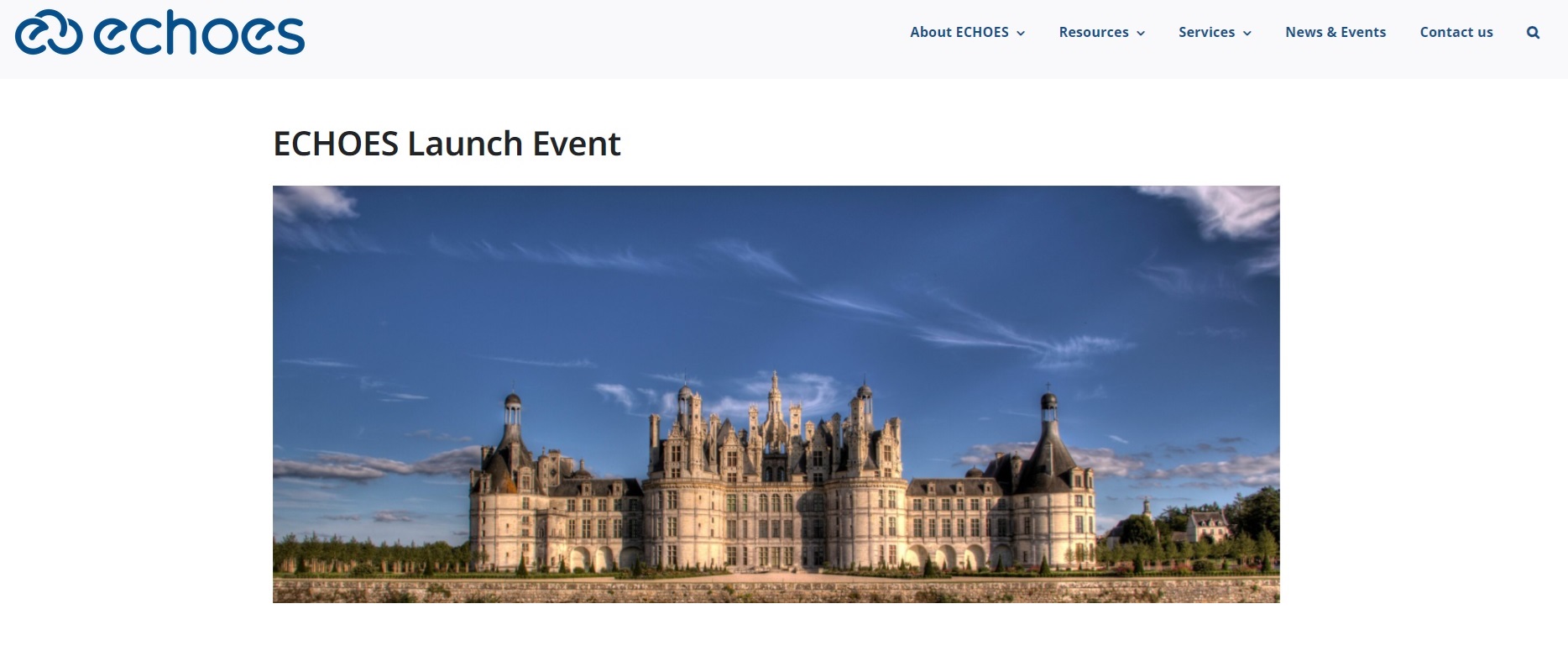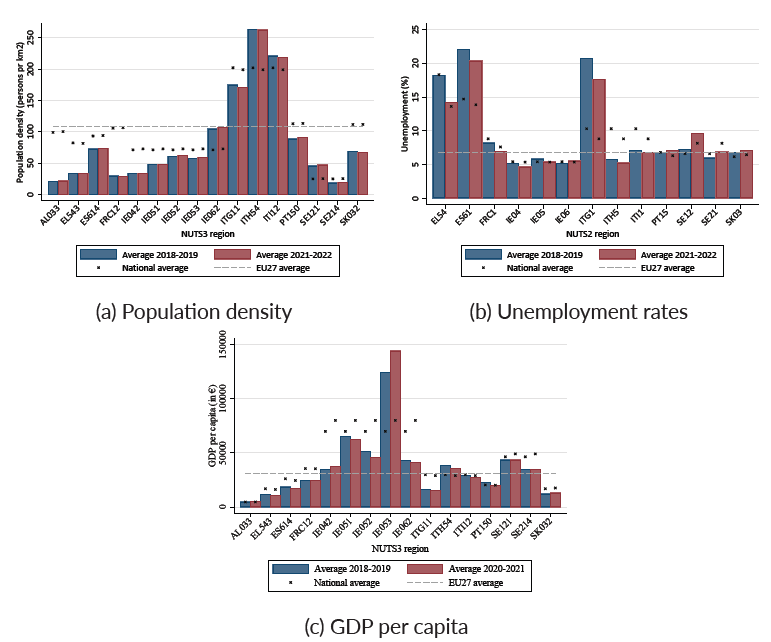 The entrepreneur Oliver Miro, with decades of sales experience in the family art gallery, has launched an extended reality platform that offers to private galleries the opportunity to virtually reproduce their spaces, adapting the artworks here displayed. This new tool not only allows galleries to be visited virtually, but represents a new way of conceiving the art market. In fact, collectors can use virtual reality to simulate the effect that the artwork they intend to buy produces inside their own homes. The collector is then able to decide whether to buy or not the artwork without moving it from the art gallery.
The entrepreneur Oliver Miro, with decades of sales experience in the family art gallery, has launched an extended reality platform that offers to private galleries the opportunity to virtually reproduce their spaces, adapting the artworks here displayed. This new tool not only allows galleries to be visited virtually, but represents a new way of conceiving the art market. In fact, collectors can use virtual reality to simulate the effect that the artwork they intend to buy produces inside their own homes. The collector is then able to decide whether to buy or not the artwork without moving it from the art gallery.
The project was started three years ago with the aim of avoiding vain movements of artifacts for commercial purposes, but it certainly represent an attractive resource in a period of crisis such as the one we are currently experiencing with the COVID- 19 pandemic, which obliged a plenty of small-medium art galleries to close, in fact they can use the digital platform for reproducing their exhibitions and be virtually visited by collectors.
The platform is made up of two complementary, augmented and virtual reality apps: the first is called Vortic Curate, it is accessible through subscription and allows galleries to set up virtual exhibitions customized for specific collectors by the use of high resolution 3D scanning technology.
For collectors Vortic offers two apps: Vortic Collect is an AR app available for smartphones and tablets through which collectors can attend to exhibitions, fairs and private views. They can also place works using augmented reality to see how they would look in their own homes.
The second is Vortic VR, the virtual reality version of the app that allows audiences to fully immerse themselves in the digital exhibitions through VR. The app is supported by Oculus headsets, and let audiences explore exhibitions in 3D from any angle.
The full capacity of the platform was showcased through a co-presentation of artists from David Zwirner and Victoria Miro

















